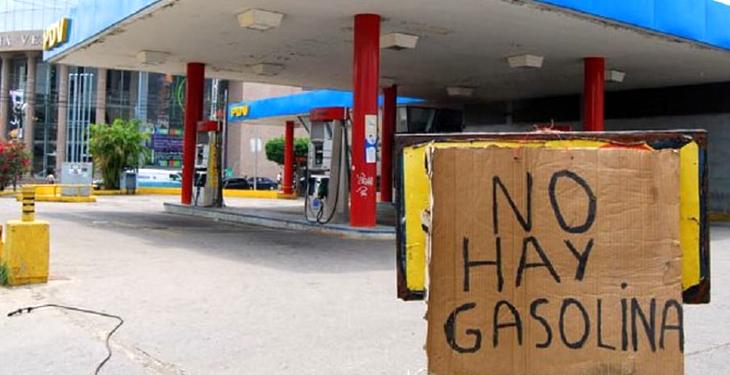The prices for electricity and heat, gas, water and fuel have been capped during the state of emergency, through the Military Ordinance (MO) number 4, already published in the Official Gazette. The document was produced by the Ministry of Internal Affairs and is countersigned by the Prime Minister of Romania Ludovic Orban.
Thus, the price capping have entered into force since March 29 – it is unclear, however, what the actual effects will be, as the official text refers generically to “prices”, which allows interpretations of this type: “Military Ordinance no. 4 issued on March 29 has already been violated!”. Electricity prices, at least on OPCOM, are higher on March 30, compared to March 29, when the military ordinance was published in the Official Gazette, notes the online publication Focus Energetic (in Romanian).
Clarifications of the authorities’ intention in this area will probably come; we can suspect that the prices referred to are the end prices for the household consumer and other similar consumers. They were also taken into account by similar previous measures. The legislation on the state of emergency (GEO 1/1999) already provided that the utility companies cannot interrupt their supply to the customers who cannot pay their bills – population and the armed forces. Through GEO 29/2020, small and medium-sized enterprises benefit from payment deferral for utilities, including electricity, natural gas and water during the state of emergency.
Government managed energy: GEO 114/2018, GEO 1/2020, GEO 29/2020, MO 4/2020
At more than 12 months from GEO 114/2018 we have once again a massive administrative intervention in the formation of energy prices.
GEO 114, formulated and adopted by the PSD government, provided for the return to the regulated market, although the electricity sector had been completely liberalized on January 1, 2018, and for a price capping for household consumers until 2022. As regards natural gas, the selling price of the domestic producer was set at 68 lei per MWh, also until 2022, for household consumers. In the absence of any real emergency and as they were to be applied for about 24 months, the measure quickly put Romania in a position to justify itself before the European Commission. In order to avoid post-infringement sanctions, the PNL government has eliminated the limitations imposed on a free energy market, on a schedule meant to last until the end of this year (GEO 1/2020). The GEO 1/2020 does not yet have the support of Parliament, although the liberalization of natural gas markets is scheduled for July 1.
Clarifications are needed
GEO 114/2018 intervened on electricity and natural gas prices at the levels of producers and suppliers, in order to keep fixed prices for the end consumers. The National Energy Regulatory Authority – ANRE has produced relatively quickly secondary legislation to operationalize these measures adopted by the PSD Government.
ALSO READ Popescu: We will issue an order explaining the measure regarding the price cap
In order to apply the Military Ordinance 4, clarifications are needed and also the ANRE contribution for the implementation secondary legislation.
Perverse effects
One of the perverse effect of price capping is that operators in the regulated market will line up at the maximum level; this might lead to price increases over the levels that the market would have produced otherwise. First, because the companies will try to recover any perceived losses related to the period when the capped price was lower than the one they expected to receive from the market, and then because they will try to save financial resources for any future periods like that – thus, the economic actors will most likely align to the capped price.
Even worse, there is the scenario in which production / acquisition costs increase, but firms cannot recover their capital because of the capped price; the result is an undermining of the commercial interest to carry on the respective activity – this pathway directly leads to shortages, either by restricted domestic production, or by restricted imports, and/or because of some players (traders, suppliers, etc.) withdrawal from the market.
The only hope is that such measures will be of short duration!
Lack of trust and the race of populism
Price capping appear as a direct result of the lack of trust that the governors have in companies and in their behavior. The capping are also driven by the lack of trust that the authorities have in the bodies that can check for abusive behavior, among which the National Authority for Consumer Protection and the Competition Council. The price capping was also discussed for the medical products market and for the food market. “Capping the shelf price – if we, the state, only impose a capping we create two negative effects, encouraging the black market and chasing away from the market the weakest producers. As a state, we have no right to make them vulnerable”, said Agriculture Minister Adrian Oros. In his turn, the president of the Competition Council described the product requisitioning and the price capping as “most brutal means, which it is not to be taken easily”: “If we see a 10-20% [price] increase, well, it is an exceptional period, there are disruptions of the production and logistics chains, so certain price increases may occur correctly during such a period. (…) But if we see very large increases, and we have such a situation with some products, with 100% increases, then we will have to come up with other means of intervention. Measures such as product requisitioning and price capping by the authorities are foreseen in emergency legislation.”
ALSO READ Gas price cap, a populist decision that favors gas importers and suppliers – not consumers
Finally, the political contest – which is a competition of populism often – also factors in measures such as this price capping. Suspension of credit repayment, price capping for food and medicine, exemption from paying the rent, as well as regulating the technical unemployment under state of emergency or state of siege are foreseen in several bills initiated by PSD parliamentarians, writes www.profit.ro. PSD, ALDE and ProRomânia have also submitted to the Parliament a draft law with a series of fiscal facilities, deferral and rescheduling of payments granted to companies and their employees. The project envisages measures already announced by the Government, such as the deferral of payment of social insurance contributions related to the income from salaries and the income assimilated to the salaries or the deferral of payments for utility services (water, energy, gas, waste collection, telephone and Internet services, TV cable).

